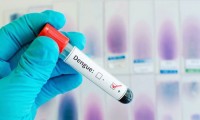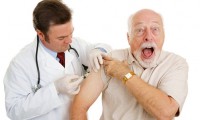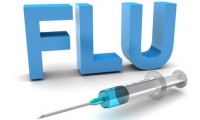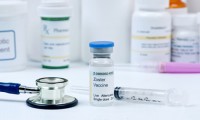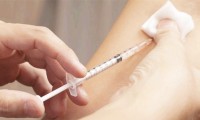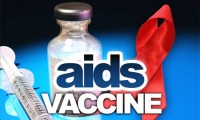-
Sanofi Taps into Berg’s AI Platform for Developing Better Flu Vaccine
- Source: researchmoz.us
- 933
- November 8, 2017
-
Watch out Sanofi–Takeda’s new data on dengue vaccine is good news for PhIII trial
- Source: endpts
- 1,504
- November 7, 2017
-
Four-in-one flu shot may mean lifelong protection against the flu
- Source: Medicalxpress
- 1,037
- November 3, 2017
-
Flu Vax May Improve Outcomes in Other Illnesses
- Source: medpagetoday
- 1,097
- November 2, 2017
-
CDC backs GSK’s Shingrix over Merck & Co’s Zostavax
- Source: Pmlive
- 1,342
- October 30, 2017
-
Shingrix approved in the US for prevention of shingles in adults aged 50 and over
- Source: Gsk
- 1,086
- October 23, 2017
-
Lilly and CureVac Announce Global Collaboration to Develop mRNA Cancer Vaccines
- Source: Finance
- 1,043
- October 20, 2017
-
GlaxoSmithKline wins first-ever nod for blockbuster vaccine prospect Shingrix
- Source: fiercepharma
- 913
- October 19, 2017
-
Durable end to the HIV/AIDS pandemic likely will require an HIV vaccine
- Source: Sciencedaily
- 908
- October 13, 2017
-
Ebola vaccine tests hailed a success
- Source: medicalxpress
- 1,499
- October 11, 2017
your submission has already been received.
OK
Subscribe
Please enter a valid Email address!
Submit
The most relevant industry news & insight will be sent to you every two weeks.


